Air pollution is becoming a serious problem for public health, especially for the cardiovascular system.
Air pollution is becoming a serious problem for public health, especially for the cardiovascular system.
Studies have shown that long-term exposure to air pollutants, especially fine dust PM2.5, can increase the risk of serious cardiovascular diseases, including heart attacks, strokes and blood vessel problems, and even lead to premature death.
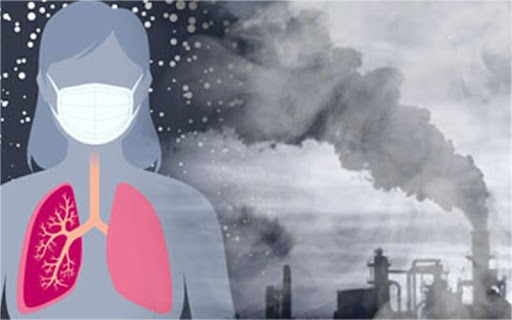 |
Other studies have also shown that air pollution increases blood pressure and promotes the formation of blood clots, causing deep vein thrombosis or pulmonary embolism. |
In Vietnam, air quality is also alarming. According to data from IQAir, the average concentration of PM2.5 fine dust in 2023 in Vietnam is 5.9 times higher than the recommended level of the World Health Organization (WHO).
This is especially worrying in large cities such as Hanoi and Ho Chi Minh City, where traffic and industrial density are high, contributing to increased levels of air pollution.
WHO has warned that, as air pollution increases, cardiovascular disease will become one of the biggest negative impacts on public health. Poor air quality not only affects adults, but also has a profound impact on the health of children and pregnant women.
According to experts, poor air quality exposes the body to high concentrations of pollutants such as ozone (O₃), nitrogen dioxide (NO₂), sulfur dioxide (SO₂), carbon dioxide (CO₂), especially fine dust PM2.5.
These pollutants are emitted from traffic, industrial activities, waste burning and construction works. Along with that, other environmental factors such as climate change and greenhouse effect also increase the concentration of fine dust in the air.
Air pollutants, especially PM2.5 fine dust, can penetrate deep into the lungs and enter the bloodstream when inhaled. They can cause inflammation in the body, impair blood vessel function and promote arterial calcification.
These changes lead to the formation of atherosclerotic plaques in the artery walls, causing the arteries to narrow, reducing blood flow to vital organs such as the heart and brain.
A study by the US Environmental Protection Agency (EPA) shows that long-term exposure to high concentrations of PM2.5 can cause heart attacks, increase the risk of death from cardiovascular disease and reduce life expectancy.
Other studies have also shown that air pollution increases blood pressure and promotes the formation of blood clots, causing deep vein thrombosis or pulmonary embolism.
A recent study found that air pollution also affects pregnant women. Pregnant women exposed to pollutants from traffic emissions are at increased risk of developing high blood pressure, which is one of the main causes of premature birth and low birth weight. This condition not only affects the mother’s health but can also cause death for both mother and baby.
In addition, children living in polluted areas are also more likely to suffer from cardiovascular and general health problems. According to a report by the World Health Organization (WHO) and UNICEF, air pollution is responsible for an estimated 8.1 million deaths globally in 2021, of which more than 700,000 deaths involve children under the age of 5.
To minimize the impact of air pollution on cardiovascular health, Dr. Tran Quoc Viet, Department of Cardiology, Tam Anh General Hospital, Hanoi recommends some practical measures such as using air purifiers: Indoor air purifiers can help remove fine dust and other pollutants, minimizing the risk of affecting the respiratory and cardiovascular systems.
Wear a mask when going out: Especially in areas with high traffic density or construction areas, masks will help reduce the amount of fine dust inhaled into the body.
Scientific diet: A balanced diet, rich in antioxidants from fruits and vegetables such as berries and green vegetables, helps strengthen resistance and protect the body from the harmful effects of air pollution.
Exercise regularly: Exercise improves overall health, reduces stress and helps the body fight the negative effects of pollution.
Regular health check-ups: Regular health check-ups help detect cardiovascular problems early and provide timely treatment.
Be alert during high pollution: Monitor the air quality index, especially when pollution is high, and limit your time outdoors. Close windows and stay in cleaner air environments.
Health experts recommend that in addition to taking personal precautions, communities and governments also need to work together to reduce air pollution.
Policies to control emissions from vehicles and industry and promote the use of clean energy will help protect public health, especially vulnerable groups such as children, the elderly and pregnant women.
Source: https://baodautu.vn/o-nhiem-khong-khi-gia-tang-nguy-co-benh-tim-mach-va-tu-vong-som-d241343.html



![[Photo] Speeding up construction of Ring Road 3 and Bien Hoa-Vung Tau Expressway](https://vstatic.vietnam.vn/vietnam/resource/IMAGE/2025/3/31/f1431fbe7d604caba041f84a718ccef7)
![[Photo] General Secretary To Lam receives US Ambassador to Vietnam Marc E. Knapper](https://vstatic.vietnam.vn/vietnam/resource/IMAGE/2025/3/31/5ee45ded5fd548a685618a0b67c42970)

![[Photo] Prime Minister Pham Minh Chinh receives delegation of leaders of US universities](https://vstatic.vietnam.vn/vietnam/resource/IMAGE/2025/3/31/8be7f6be90624512b385fd1690124eaa)
![[Photo] 2nd Conference of the Party Executive Committee of Central Party Agencies](https://vstatic.vietnam.vn/vietnam/resource/IMAGE/2025/3/31/8f85b88962b34701ac511682b09b1e0d)




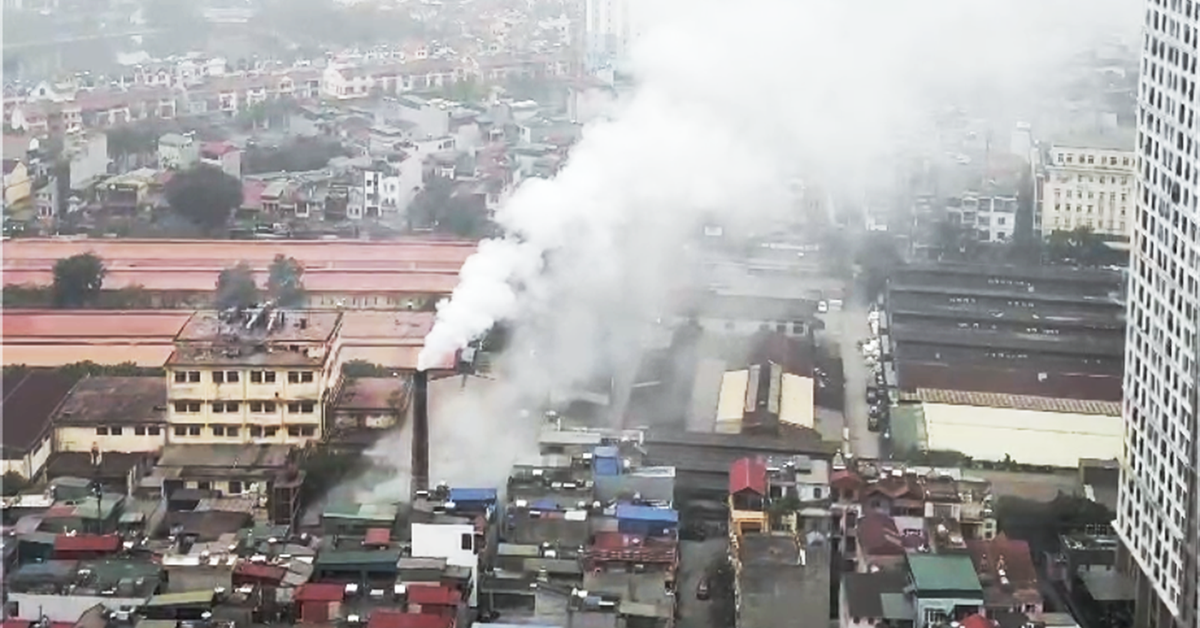



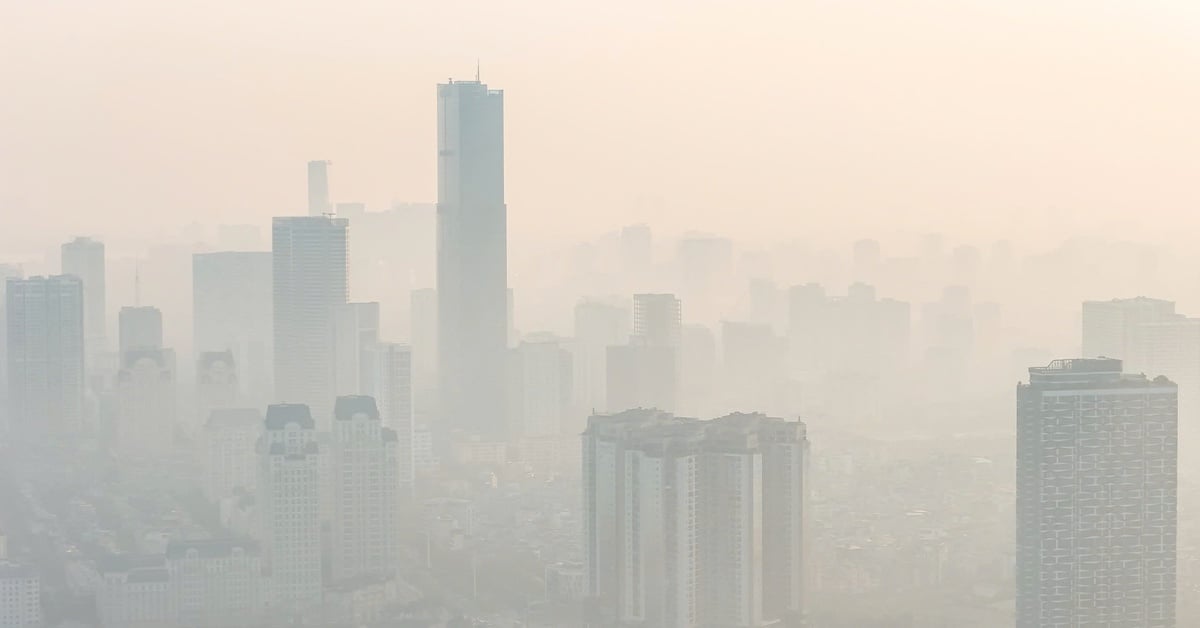
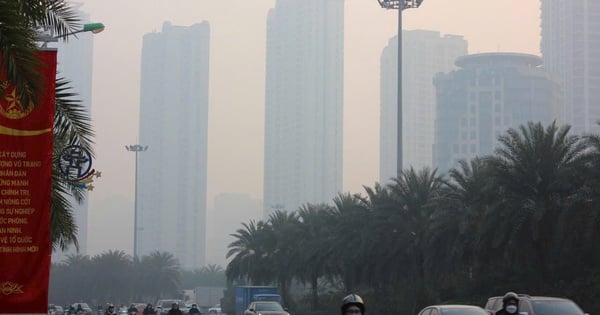





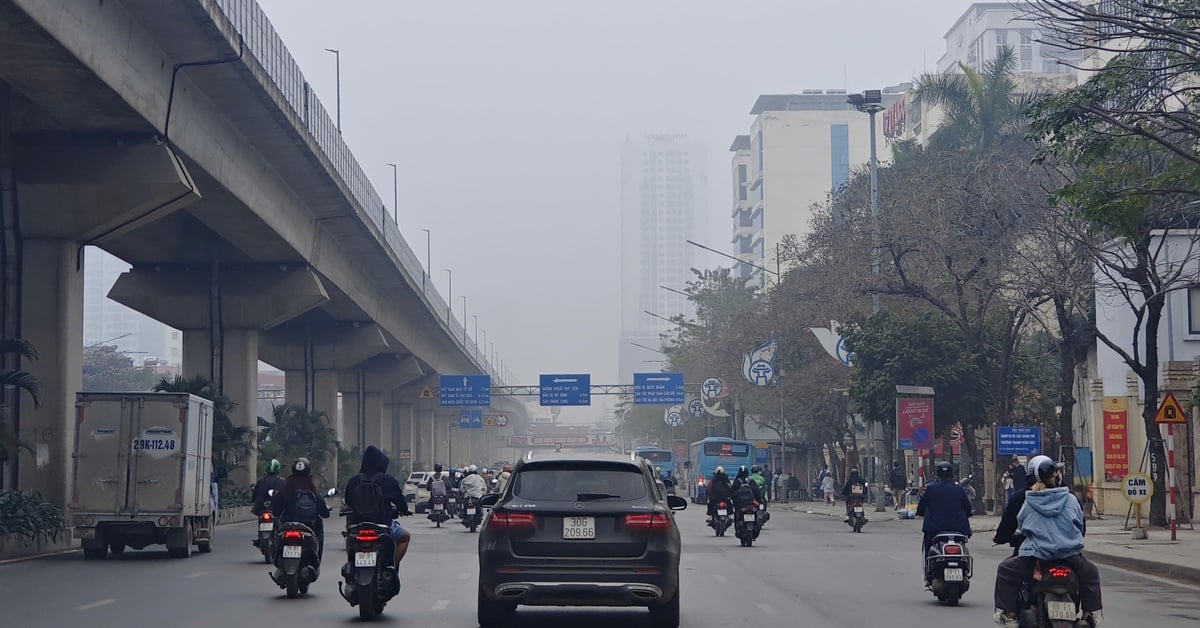






















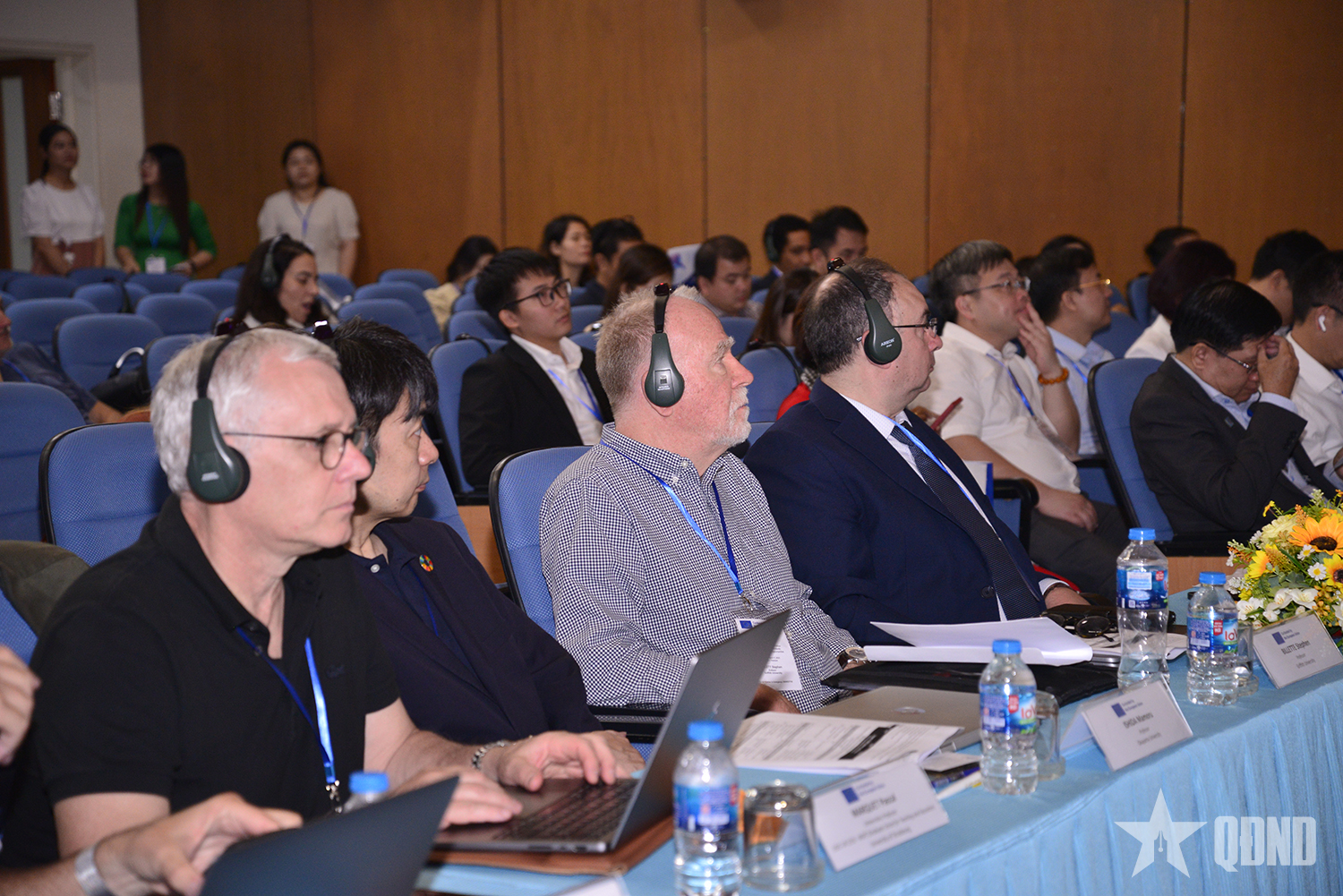














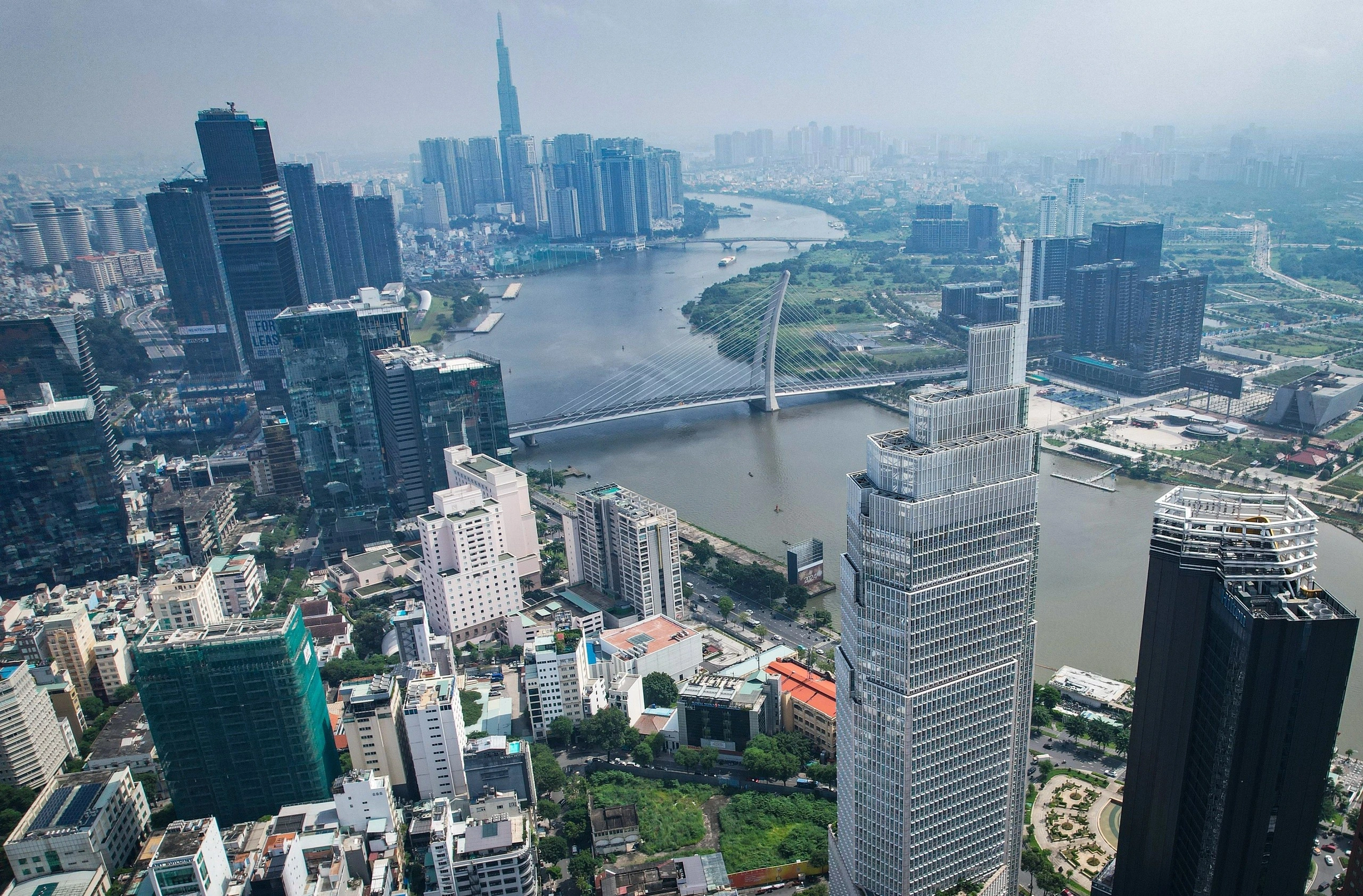
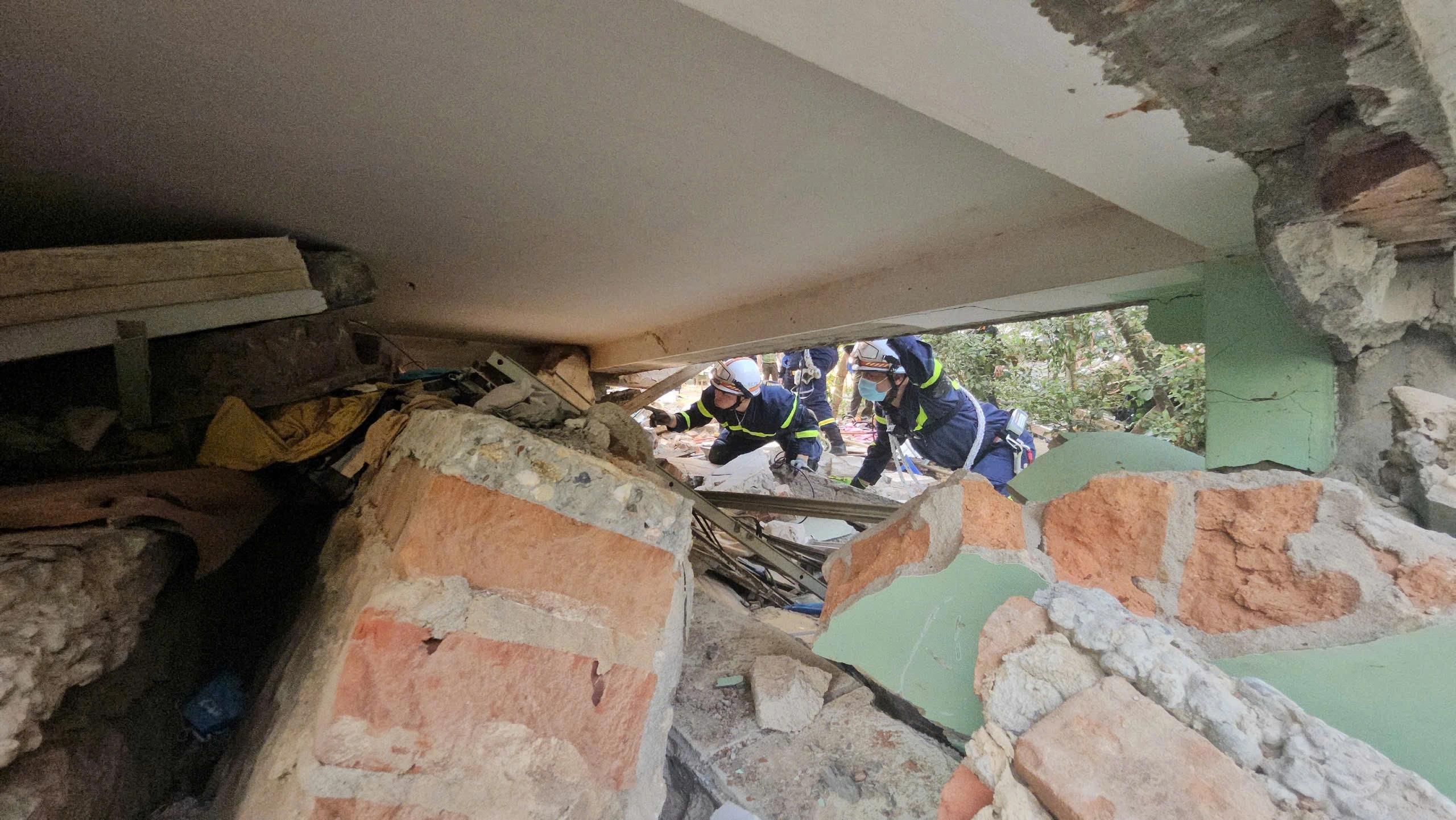



































![[REVIEW OCOP] An Lanh Huong Vet Yen Cat](https://vstatic.vietnam.vn/vietnam/resource/IMAGE/2025/3/27/c25032328e9a47be9991d5be7c0cad8c)

Comment (0)